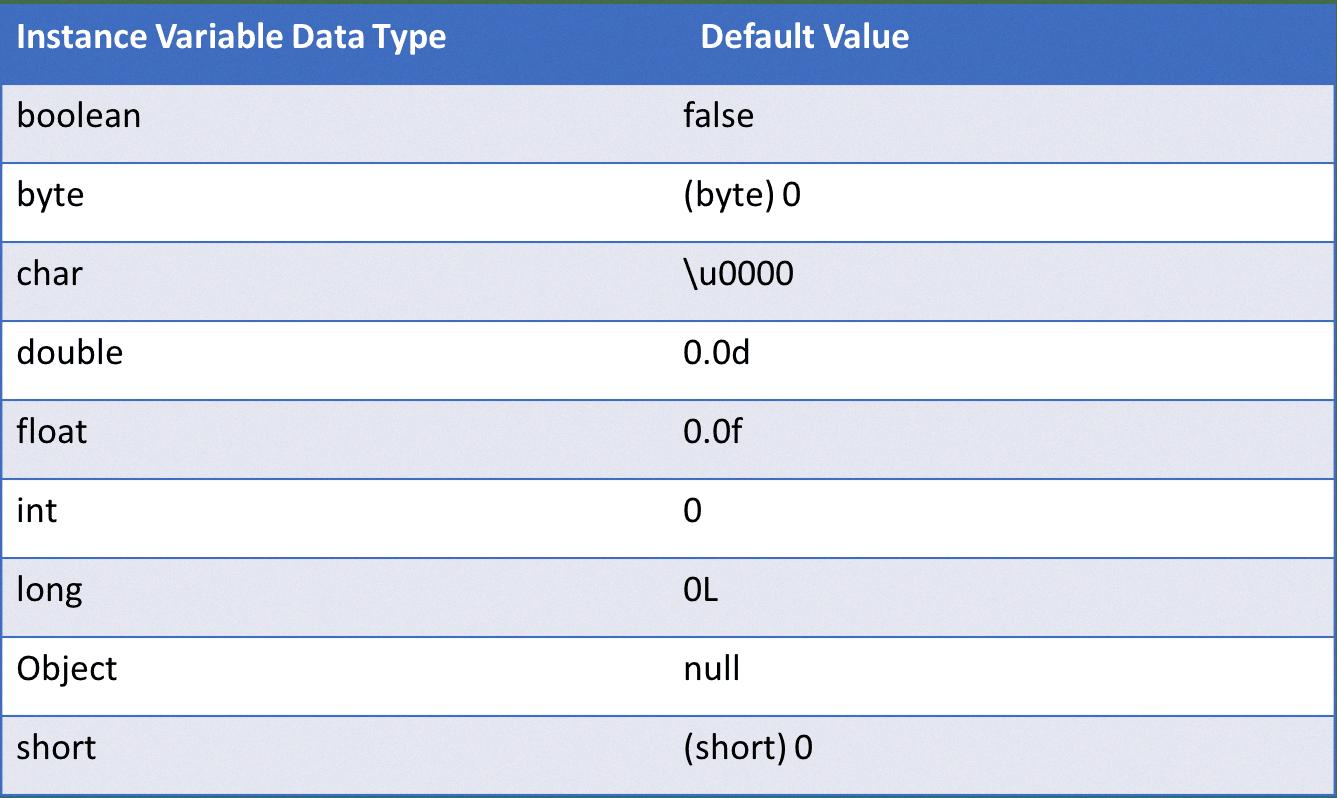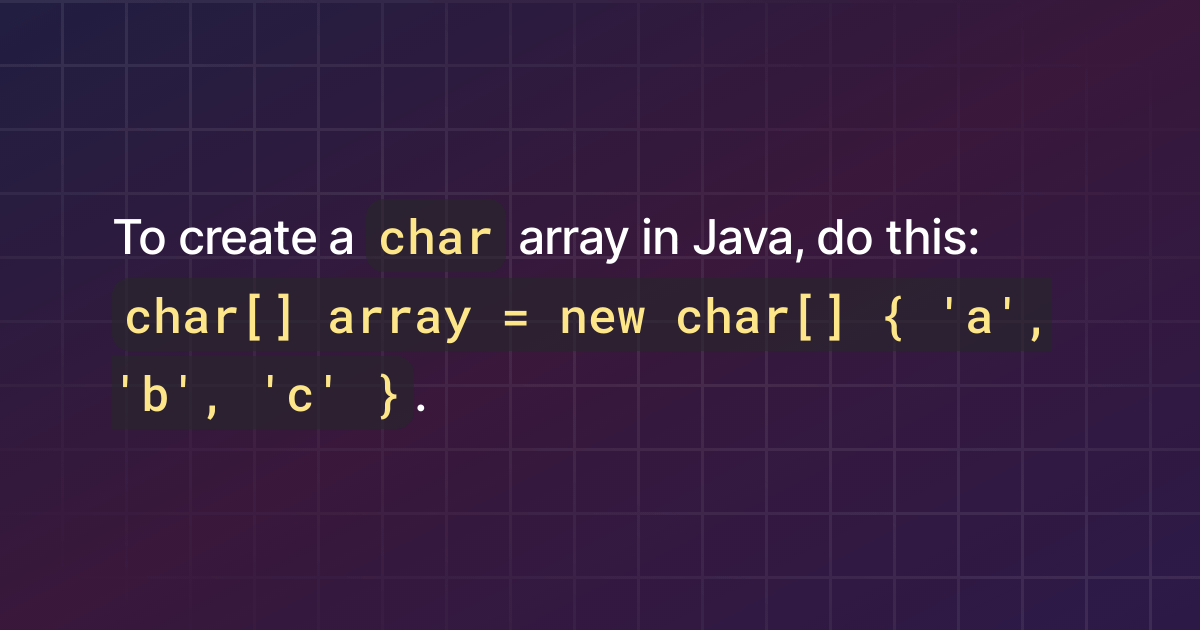Java, a widely-used programming language, has many features that developers often need to understand to write effective code. One of these features is the concept of default values for data types. When working with characters in Java, understanding the default value of char in Java is essential, especially for beginners who are just getting started with variables and data types. Knowing what the default value is can help prevent errors in your code, particularly when initializing variables.
In Java, each data type has a default value that is assigned to variables when they are declared but not initialized. The default value of a char in Java is a unique aspect of the language that distinguishes it from other data types. A thorough understanding of this concept can lead to better coding practices and improved problem-solving skills. In this article, we will delve into the default value of char in Java, its implications, and how it interacts with other data types.
As we explore the default value of char in Java, we will answer some frequently asked questions and provide clear explanations to enhance your understanding. Whether you're a novice programmer or an experienced developer looking to refresh your knowledge, this article aims to be a valuable resource.
What is the Default Value of Char in Java?
The default value of char in Java is `'\u0000'`, which represents a null character. This means when you declare a char variable without initializing it, it automatically gets this default value. Understanding this can help prevent unexpected behavior in your code.
How is the Default Value of Char Different from Other Data Types?
In Java, different data types have their own default values. Here’s a quick comparison:
- int: 0
- float: 0.0
- boolean: false
- char: '\u0000'
This difference is crucial to understand when you're initializing variables. If you mistakenly assume that the default value of char in Java is something other than `'\u0000'`, it could lead to logical errors in your program.
Why is the Default Value of Char Important?
The default value of char in Java is important for several reasons:
- It prevents null pointer exceptions, as the variable will always have a value.
- It helps in debugging by making it easier to identify uninitialized variables.
- Understanding default values is essential for memory management.
Can You Change the Default Value of Char in Java?
No, you cannot change the default value of char in Java. The language is designed in such a way that it assigns a specific default value to each data type, and this cannot be altered by the programmer.
How to Initialize Char Variables Properly?
To avoid relying on the default value of char in Java, it’s good practice to initialize your variables explicitly. Here’s how you can do that:
- Direct assignment: `char myChar = 'A';`
- Using Unicode: `char myUnicodeChar = '\u0041';`
By explicitly setting a value, you ensure that your program behaves as expected.
What Happens When Char Variables Are Not Initialized?
If you declare a char variable without initializing it, Java will assign it the default value of `'\u0000'`. This can lead to confusion if you're not aware of this behavior. For example:
char myChar; System.out.println(myChar); // This will print an empty character
In this case, the output may not be what you expect, highlighting the importance of understanding the default value of char in Java.
How to Check the Default Value of Char in Java?
You can easily check the default value of char in Java by declaring a char variable and printing its value. Here’s a simple example:
public class DefaultCharValue { public static void main(String[] args) { char myChar; System.out.println("Default value of char: " + myChar); // This will give a compilation error } } As seen in the example, trying to print an uninitialized char variable will lead to a compilation error, underscoring the importance of initialization.
Conclusion: Mastering the Default Value of Char in Java
Understanding the default value of char in Java is crucial for anyone looking to write effective Java code. By being aware of the default values assigned to different data types, you can prevent unexpected behavior and enhance your programming skills. Always remember to initialize your variables properly to avoid confusion and ensure your code runs smoothly. With this knowledge, you are better equipped to tackle Java programming with confidence.
Article Recommendations
- Woo Lotti
- Prince Naseemiddy
- Oliver Patrick Short
- Kunefe
- Actors Superbad
- How Do You Remove A Scratch From A Windshield
- Down South Music
- Rory Feek New Girlfriend
- Bela Rajput
- Josh Reynolds Draft
Also Read


